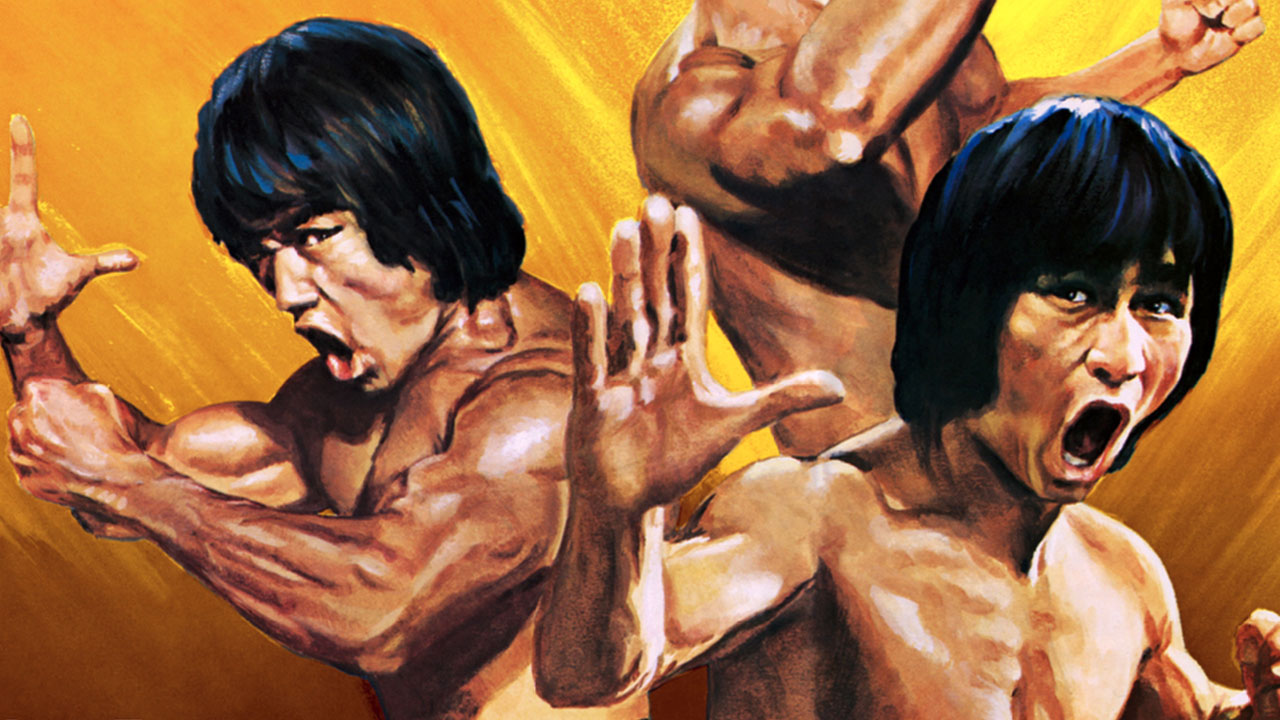
} This section is dedicated to a previous edition of the festival. To get information about the latest edition, please follow this link: HOME

Bruce Le: in Bruce's shadow
If Bruce Lee’s death in 1973 durably traumatized his audience, it was also the opportunity for business men to mine the vein of Bruceploitation, based on clones of the LIttle Dragon, among which Bruce Le was one of the better known.
Born in 1950 of a Taiwanese father and a Burmese mother, Huang Kin Lung studied gymnastics and martial arts in Burma before he was spotted by the Shaw Brothers who hired him for supporting roles, crediting him as Little Dragon because of his slight resemblance to the original. He appears notably in Super Inframan, Hong Kong’s answer to the transformer heroes of Japanese Henshin series.
Reduced to secondary roles, he left the company for minor producers for a Bruceploitation series, thus entering the trappings of mediocrity. Canadian Dick Randell, a mythical figure of international Z cinema, helped finance his films with sometimes absurd results, like The Clones of Bruce Lee, that assembled no less than four “fake Bruces” in a story about a mad scientist cloning Bruce Lees from cells taken from the actor!
Bruce Le will then work a lot, in films that plunder both Hong Kong films and American spy movies, rarely emphasizing his real martial arts talents: his sole mission being to imitate the original and his mimics, witness most of the titles tailored to mislead (Ninja Vs Bruce Lee, The Legend of Bruce Lee..) Even when in 1979, surfing on his success, he started Dragon Film, his own production company, and became a director, he still remained in his model’s shadow. After attempting to make international action movies, he met with Frenchman and kung fu aficionado André Koob, boss of Eurogroup, who believed he could launch him on the French market. Alas Bruceploitation was already moribund, and Le, who was convinced that anything was possible and wanted to internationalize his career, made dubious improbable films, like Ninja strikes back in which Paris and Rome are fighting arenas. In 1992, he tried to evolve with a category III movie denouncing the Japanese army’s forced prostitution practices: Comfort Women, heralding the abandonment of his alias and his conversion to traditional cinema, which despite its good critics, turned out to be a flop. After years of silence, during which he forayed into Hong Kong real estate, he returned to directing in China with The Eyes of dawn in 2014 and Yang Jinyu in 2019. Beyond the mockeries sparked by his films, full measure isn’t taken of how painful his career was, born from the death of an icon, created around a ghost he never ceased to imitate, never finding his own identity despite his talents.
















